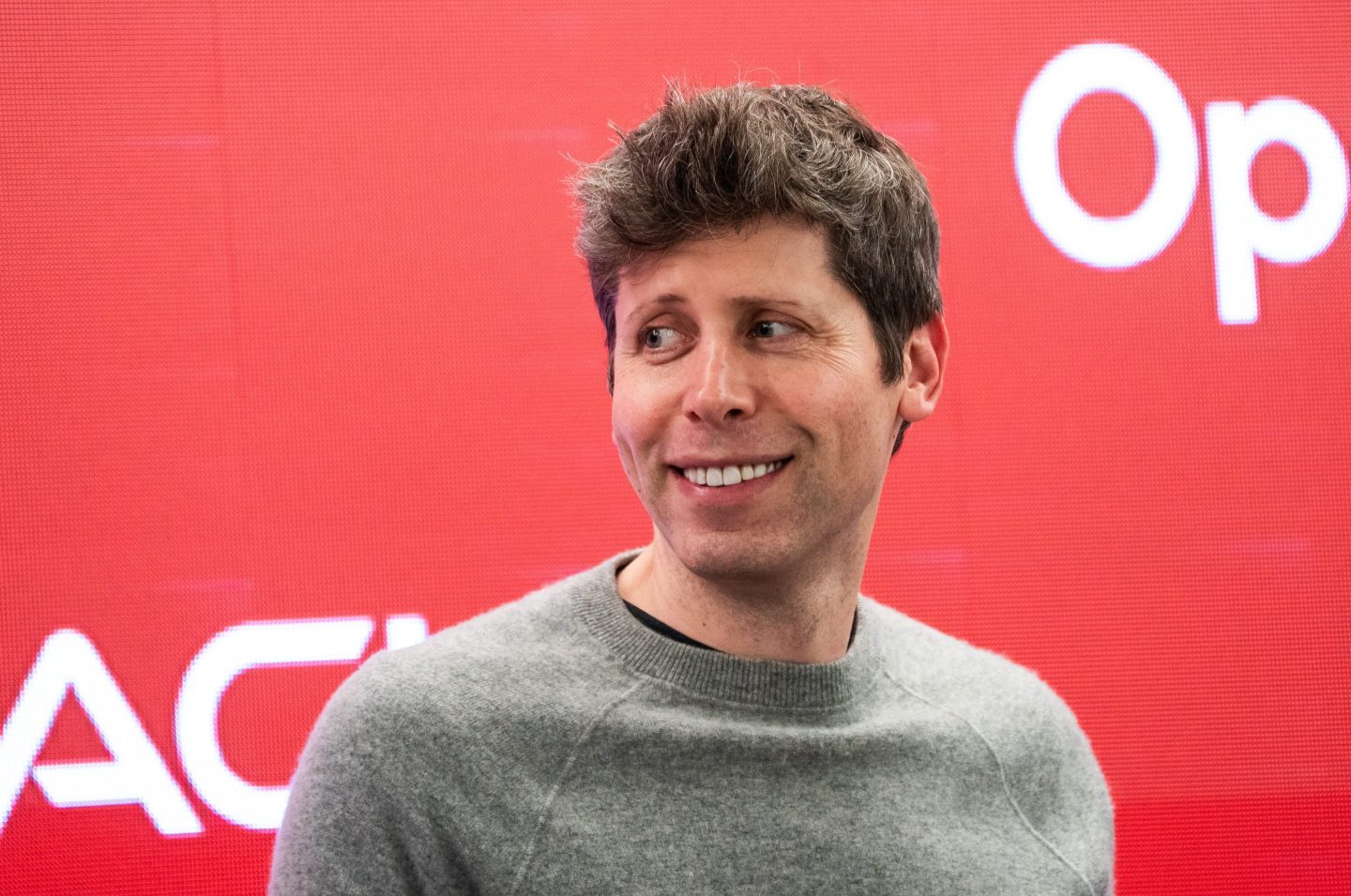Hospital bills tend to generate a knee-jerk reaction: why so expensive?
Few hospitals in the U.S. have a clear answer. Now, one hospital has now done some self-criticism and examined its knee-replacement surgery in granular detail, discovering that despite charging more than $50,000, the surgery really only cost between $7,300 and $10,550, the Wall Street Journal reports.
The finding is in line with a 2015 Blue Cross Blue Shield Association report that found surgeries available for anywhere from $16,772 to $61,585 in just one city and with a 2011 Medicare reimbursement rate of $11,000.
That wide range of numbers reflects a reality of the health care market: people are often unwilling or unable to shop around. Insurers create an opaque layer between patients and caregivers that make it hard for an individual to figure out what something might cost until the bill arrives. And in rural areas, health care providers have little competition.
So health care prices rise faster than inflation and people are paying more in deductibles and other costs, and the U.S. devotes a larger share of its wealth to health care than any other country, averaging double what other rich countries spend.
In 2013, Gundersen Health System’s hospital in La Crosse, Wis., began tracking the time spent by each health care professional throughout the entire course of a patient’s journey from hobbled to shiny new knee. In addition to making it possible to estimate the actual cost of the procedures, the careful tracking enabled the hospital to cut its costs by an average of $1,850 per surgery. As a result, employer insurance groups have already renegotiated better prices from the hospital, the Wall Street Journal reports.
Patients are also interested in health care outcomes. Transparency about that is lagging, too. One survey of 783 health care professionals published last month revealed that only 17% of those surveyed considered their institution to have “mature” or “very mature” transparency.











